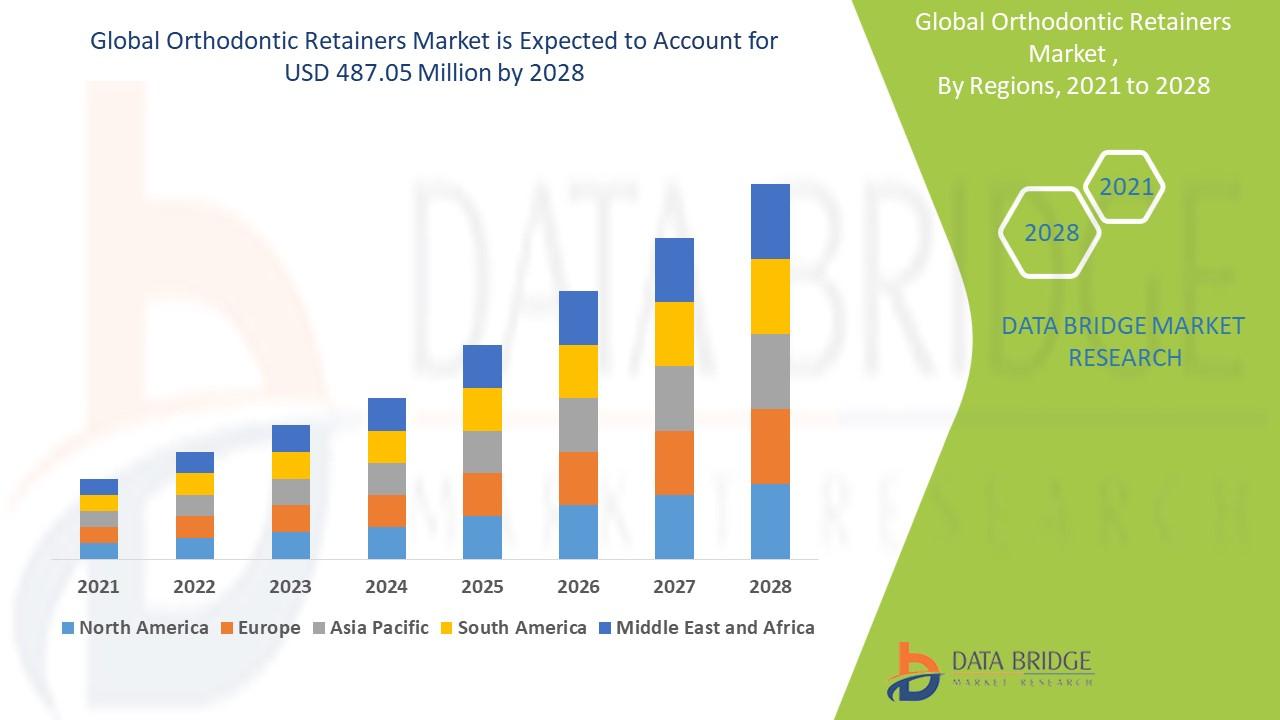Self-Healing Construction Materials Market :Trends, Growth Drivers, and Revenue Insights for Future
Market Overview
The global self-healing construction materials market size was valued at USD 5.75 billion in 2024, growing at a CAGR of 12.9% during 2025–2034.
Self-healing construction materials are engineered to autonomously repair cracks and damages, enhancing the longevity and durability of structures. These materials, including self-healing concrete, asphalt, and polymers, use mechanisms such as microencapsulation and bio-based healing agents that activate upon damage. Their adoption is increasing in infrastructure projects, urban development, and sustainable construction practices.
Key Market Growth Drivers
- Advancements in Material Science
Innovations in nanotechnology, microencapsulation, and bio-based healing agents have significantly improved the effectiveness of self-healing materials, enabling structures to repair microcracks autonomously and reducing maintenance costs. - Sustainability and Green Building Initiatives
The focus on sustainable construction practices and green building certifications is propelling the demand for self-healing materials. These materials reduce resource consumption and carbon footprint, aligning with global sustainability goals. - Infrastructure Aging and Maintenance Challenges
Aging infrastructure and environmental stressors necessitate materials that can self-repair, providing a cost-effective solution to maintenance challenges. - Urbanization and Infrastructure Development
Rapid urbanization and the growing need for resilient infrastructure drive the adoption of self-healing materials, particularly in high-stress environments like highways, bridges, and commercial buildings.
Market Challenges
- High Initial Costs
The advanced technologies required for self-healing materials result in higher upfront costs, which can limit adoption, particularly in cost-sensitive regions. - Technical Limitations and Scalability
Scaling laboratory-proven self-healing technologies to large construction projects presents challenges, particularly ensuring consistent performance across diverse environmental conditions. - Regulatory and Standardization Issues
The absence of standardized building codes and regulations for self-healing materials can impede widespread adoption. Establishing industry standards is critical to ensure safety and reliability. - Market Awareness and Education
Limited awareness among construction professionals about the advantages and applications of self-healing materials remains a barrier, necessitating targeted educational initiatives.
Browse Full Insights:
https://www.polarismarketresearch.com/industry-analysis/self-healing-construction-materials-market
Regional Analysis
- Asia-Pacific: Leading the market due to rapid urbanization, infrastructure projects, and government initiatives promoting sustainable construction.
- North America: Exhibiting significant growth fueled by research and innovation, as well as sustainable building practices.
- Europe: Growth driven by environmental regulations and green building certifications, emphasizing sustainability and durability.
- Latin America & Middle East & Africa: Gradual adoption is driven by infrastructure expansion and the need for durable structures in challenging environmental conditions.
List of Key Companies
- BASF
- Basilisk
- Biomason
- Epion B.V
- Evonik
- GCP Applied Technologies Inc
- Oscrete Construction Products
- Sika AG
- Xypex Chemical Corporation
Conclusion
The Self-Healing Construction Materials market is on track for substantial growth, driven by technological innovation, sustainability initiatives, and the demand for durable infrastructure. Despite challenges like high initial costs and regulatory hurdles, the long-term benefits—cost savings, environmental impact reduction, and extended infrastructure lifespan—make self-healing materials a promising solution for modern construction. As adoption increases, these materials are expected to redefine infrastructure resilience and sustainability worldwide.
More Trending Latest Reports By Polaris Market Research:
5G Fixed Wireless Access Market
Disaster Recovery as a Service Market
Smokeless Tobacco Products Market
Disaster Recovery as a Service Market
Parking Management Systems Market
U.S. Corrugated Plastic Sheets Market
North America and Europe Open RAN Market
Semiconductor Intellectual Property Market




